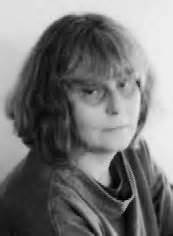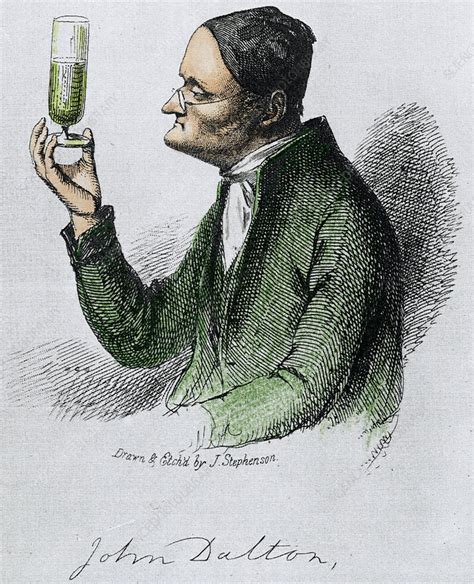A Quote by Philip Kitcher
To my mind, Death in Venice represents an enormous advance in Mann's literary development, not simply for the commonly appreciated reason that he crafted a superbly supple and elegant style, apparently well suited to the kind of prose Aschenbach is supposed to write.
Related Quotes
Presenting Aschenbach as a composer - based on Mahler - leads to some dreadful scenes (especially those in which Aschenbach is berated by his student), and it surely distorts the character Mann created. Yet, we know that Mann's novella was based on a holiday in Venice he took with his wife and brother, and that while he was there he followed the reports in the German newspapers, describing the dying Mahler's progress as he returned from New York to Vienna.
I use biography, I use literary connections (as with Platen - this seems to me extremely helpful for appreciating the nuances of Mann's and Aschenbach's sexuality), I use philosophical sources (but not in the way many Mann critics do, where the philosophical theses and concepts seem to be counters to be pushed around rather than ideas to be probed), and I use juxtapositions with other literary works (including Mann's other fiction) and with works of music.
Consider the different narrative styles within the story, and the glee with which the "moralistic narrator" celebrates Aschenbach's fall - maybe, then, this is a hostile verdict and the international fame is warranted after all (given that Mann modeled his protagonist so closely on himself, it would be quite odd if he had intended Aschenbach's literary inferiority to be a fixed part of the interpretation).
As I read Mann in German for the first time, the full achievement - both literary and philosophical - of Death in Venice struck me forcefully, so that, when I was invited to give the Schoff Lectures at Columbia, the opportunity to reflect on the contrasts between novella and opera seemed irresistible.
Think about Mann's own daily routine (ascribed to Aschenbach), read the extant diaries and the letters in which he discusses the novella's themes, and it won't be so obvious that the attraction to Tadzio is completely unprecedented; it also won't be obvious that what Aschenbach wants is full sexual contact.
Read Mann's notes, which contain precise accounts of cholera and its symptoms, and observe how careful he is throughout his fiction in getting medical details straight - then you might begin to wonder whether cholera is the only candidate for the cause of Aschenbach's death. What results from this, I think, is a deeper appreciation of Mann's brilliance in keeping so many possibilities in play. The ambiguity is even more artful than people have realized.
Part of my methodological approach is made explicit when I discuss ways in which literature can have philosophical significance. Literature doesn't typically argue - and when it does, it's deadly dull. But literature can supply the frame within which we come to observe and reason, or it can change our frame in highly significant ways. That's one of the achievements I'd claim for Mann, and for Death in Venice.




















